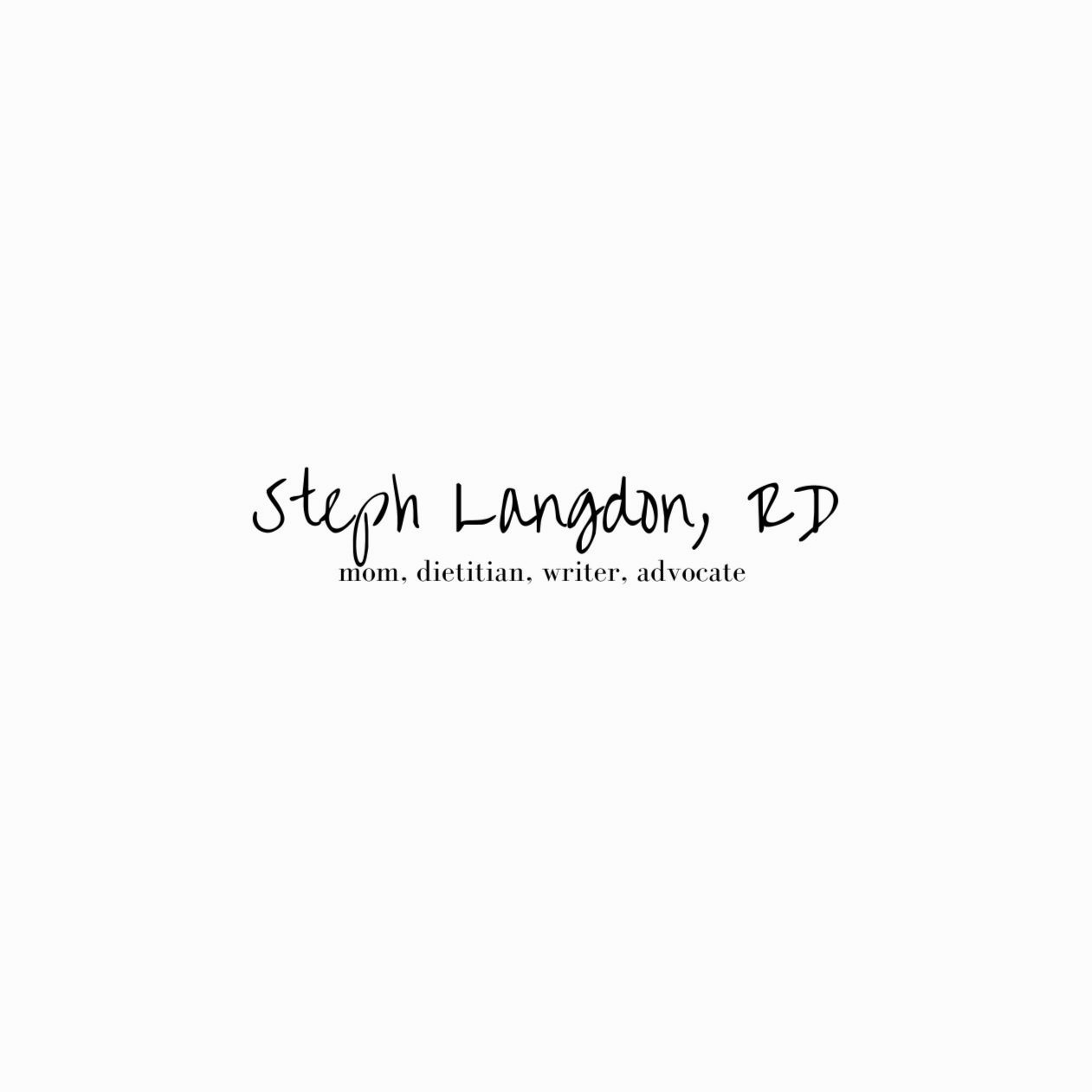Cara Harbstreet, RD, MS, LD
COMMUNITY NUTRITION, WELLNESS DIETITIAN
for something nutrishus
I 'know' Cara from instagram and am so excited to share her responses with you. Her job keeps her busy, but also involves a wide variety of tasks/skills that not only involve nutrition knowledge, but also hands-on food skills. Like many (or all) of the dietitians in the series, I would love to sit down to a meal or attend a potluck with Cara - we love food!
Why did you become a RD?
Because food is my love language, and food is medicine. There is no field that is more interesting and fulfilling to me.
What area of dietetics do you work in?
I work in Community Nutrition as a Wellness Dietitian.
How would you explain what you do?
My primary role is to create and lead programs for health and nutrition education for both the employees (caregivers) in my organization and the surrounding community. Our wellness team is dedicated to preventing and managing chronic disease and metabolic syndrome so we design classes to address diabetes, cardiovascular health, obesity, and general healthy lifestyle. Our approach is called “Life Care” instead of “Health Care” because we also offer holistic approaches to whole-body well-being, including classes and services that touch all seven dimensions of wellness.
What are your ‘typical’ daily/weekly tasks?
Each week, I teach anywhere from three to eight classes. They could be anything from 30- to 60-minute lectures, hands-on culinary classes, series classes for caregivers or the community, or even yoga. I also see clients for individual nutrition consults and partner with others on our team to coordinate and plan new wellness services (i.e. lots of meetings!). Being that I am in a community setting, there is also a lot of driving involved! I cover a fairly wide region and we are able to bring any of our classes to other businesses in the area. I also spend a portion of my week developing new marketing materials, writing blogs and newsletters, coming up with recipes, and prepping ingredients for any culinary classes for that week.
What has been your career path?
I worked a number of jobs throughout college, some food related and some less so. I even worked at a brewery for a short time before returning to school for my Master’s program! During my last semester an opportunity opened, and although I knew things would be hectic, I pounced on the chance to land my dream job. It was a perfect fit and I’ve been there ever since!
What advanced education or special training do you have?
I completed a Master’s degree (MS) in Clinical Nutrition at the University of Kansas Medical Center. This program included coursework in advanced MNT (Medical Nutrition Therapy), physiology, biochemistry, and integrative/functional nutrition. I also attended several trainings for culinary nutrition to better empower clients to start cooking to take control of their health.
In an ideal world, what does the industry look like 5 years from now?
I would love to see:
- Better awareness of the dietetics profession and a clearer understanding of our unique roles
- More dietitian presence in social media, the blogosphere, and media in general
- An increased need for more dietitians and higher demand for services
- A better way to include dietitian services under insurance and become more accessible to everyone with coverage
What misinformation about RDs would you like to clear up?
That any nutrition course or certification lends the same credentials and expertise. I’ve been asked, “Did you have to go to school for that?” and “Well, didn’t you already learn everything in health class?”…nutrition is a complex field; it took years of education to get to this level!
What would you like people to know about RDs?
Most of us love food as much, if not more, than the average person. My dietitian friends and I are always the first ones in line at a potluck event!
What are challenges you encounter as a RD?
It has been somewhat challenging to avoid bringing my personal views and bias into conversations with clients. As a professional, I have an ethical obligation to present factual information regardless of my personal opinions or beliefs.
What do people think that you do for a living?
People think I’m the Food Police, constantly monitoring and judging what others eat. Suffice it to say, that’s far from the truth!
What makes RDs unique/different from other nutrition/wellness professionals?
In my experience, RDs are lifelong learners. Part of that is required (CEUs - continuing education units), yes, but the ones I’ve encountered simply LOVE to learn new things and then pass that knowledge on to others. I also think RDs do a great job of staying within their scope of practice by recognizing when their expertise has reached the limit and it’s time to bring in another team member (physician, therapist, personal trainer, etc.)
What is your favourite meal?
A steaming hot bowl of pasta with pesto sauce, wilted spinach or greens + crusty French bread, olive oil, and extra garlic!
What tip(s) would you give to our readers?
By definition, a “diet” is the pattern of food you normally eat. So technically, everyone who eats is on a diet. Ditch the restrictive mindset, make it a lifestyle, and strive for a balanced relationship with food.
More about Cara:
Twitter: @StreetSmartRD
Instagram: @streetsmart.rd
Facebook: Street Smart Nutrition
Pinterest: Street Smart Nutrition
Thanks Cara!

